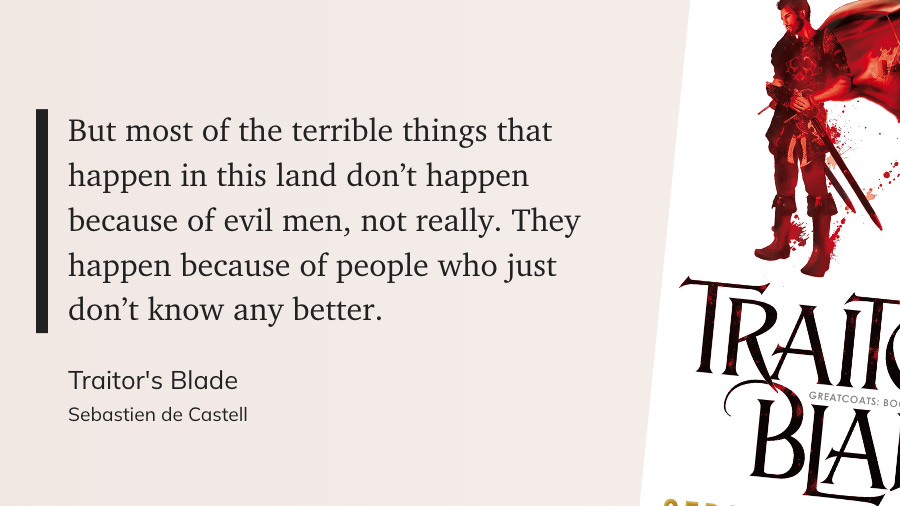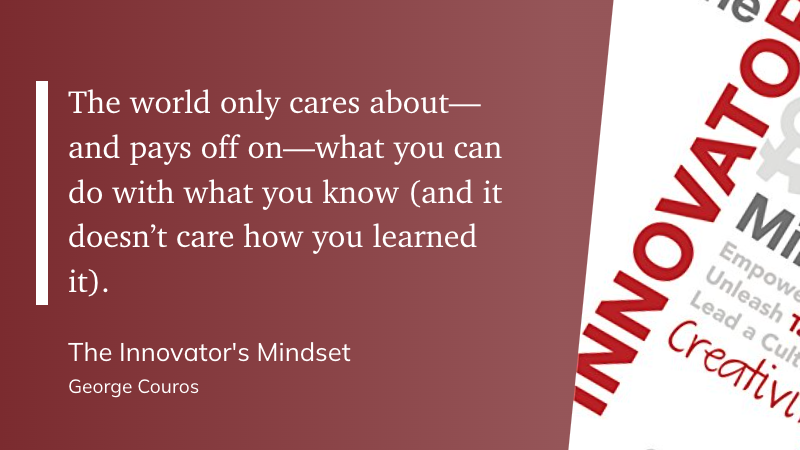
Artificial intelligence is not just a technological breakthrough—it is reshaping industries, redefining jobs, and transforming economies worldwide. Businesses and policymakers are grappling with AI’s immense potential and disruptive power. These books provide essential insights into how AI is influencing the global economy and business landscape.
The Big Nine: How the Tech Titans and Their Thinking Machines Could Warp Humanity – Amy Webb
Amy Webb provides a compelling analysis of the nine companies dominating AI development: Google, Amazon, Facebook, Apple, Microsoft, and China’s BAT—Baidu, Alibaba, and Tencent. She explores how these tech giants are steering AI in ways that could benefit humanity or lead to unintended consequences.
This book offers a stark warning about the lack of global AI governance and the risks of AI monopolies. Webb argues that the power concentrated in these companies could shape the future of economies and societies in ways that we are not fully prepared for. Her thought-provoking insights make this an essential read for anyone concerned about the intersection of AI, business, and policy.
- Audible Audiobook
- Amy Webb (Author) – Amanda Dolan (Narrator)
- English (Publication Language)
- 03/05/2019 (Publication Date) – Hachette Audio (Publisher)
AI Superpowers: China, Silicon Valley, and the New World Order – Kai-Fu Lee
Kai-Fu Lee, a renowned AI expert and venture capitalist, compares the AI advancements in China and the U.S., illustrating how these two superpowers compete for AI dominance. He outlines how AI-driven automation will impact worldwide jobs, industries, and economic structures.
Lee’s background in Silicon Valley and China provides a unique perspective on how AI drives innovation and economic transformation. He also explores how AI will disrupt traditional employment structures, arguing that societies must rethink work and income distribution. This book is crucial for understanding the global AI arms race and its implications for the future.
- Lee, Kai-Fu (Author)
- English (Publication Language)
- 288 Pages – 09/14/2021 (Publication Date) – Harper Business (Publisher)
Prediction Machines: The Simple Economics of Artificial Intelligence – Ajay Agrawal, Joshua Gans, & Avi Goldfarb
This book uses an economic framework to explain AI’s impact on the economy. The authors argue that AI fundamentally lowers the cost of prediction, transforming decision-making in business and society.
By focusing on AI as an economic tool, this book makes the case that AI is not just a futuristic technology but a fundamental shift in how businesses operate. It provides actionable insights into how companies can integrate AI to improve efficiency, reduce costs, and drive innovation.
- Hardcover Book
- Agrawal, Ajay (Author)
- English (Publication Language)
- 304 Pages – 11/15/2022 (Publication Date) – Harvard Business Review Press (Publisher)
The Age of AI: And Our Human Future – Henry Kissinger, Eric Schmidt, & Daniel Huttenlocher
This book, written by a former U.S. Secretary of State, a former Google CEO, and an MIT professor, explores AI’s profound implications for global politics, economics, and society. The authors discuss how AI is changing business, governance, and international relations, making it a must-read for those interested in AI’s role in shaping the world order.
The book emphasizes that AI is not just a tool but a transformative force that will redefine industries and challenge traditional notions of leadership and strategy. Its broad perspective makes it valuable for business leaders, policymakers, and anyone interested in AI’s long-term consequences.
- Amazon Kindle Edition
- Kissinger, Henry A (Author)
- English (Publication Language)
- 220 Pages – 11/02/2021 (Publication Date) – Little, Brown and Company (Publisher)
Why These Books Matter
Understanding AI’s business and economic impact is essential for entrepreneurs, executives, and policymakers. These books provide a comprehensive view of how AI disrupts industries, reshapes economies, and challenges existing business models. Whether you are a business leader or just curious about AI’s broader implications, these books will equip you with the knowledge needed to navigate the AI-driven future.
Have you read any of these books? Do you have other recommendations on AI’s impact on business and the economy? Let’s discuss in the comments!



















